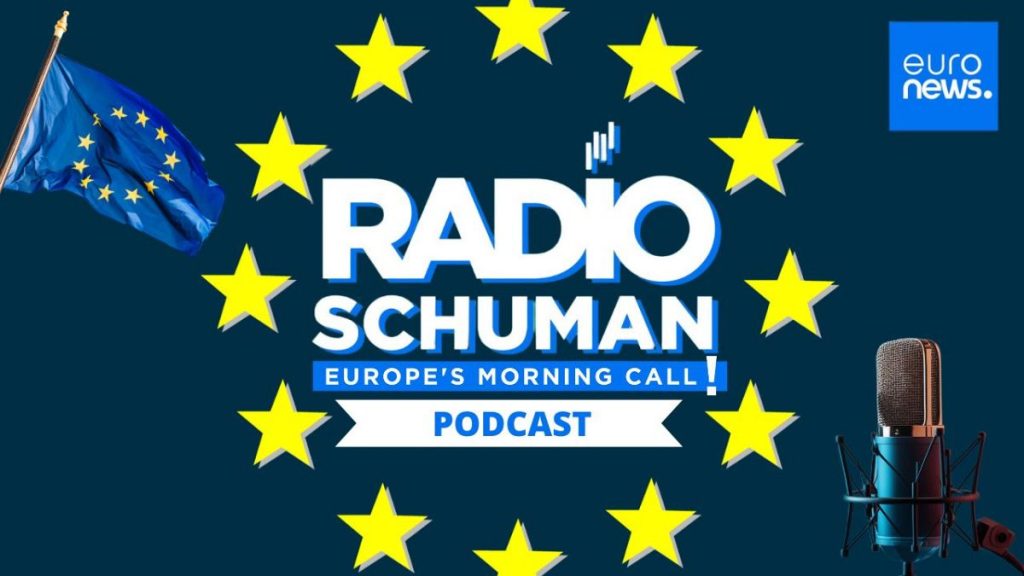Paragraph 1: Zelensky’s Diplomatic Tightrope Walk in Brussels
Ukrainian President Volodymyr Zelenskyy’s recent visit to Brussels for the European Council meeting showcased a delicate balancing act in his approach to international diplomacy. While he delivered a scathing critique of Russian President Vladimir Putin, he adopted a more cautious stance towards then-incoming US President Donald Trump. This nuanced approach underscores the complexities of Ukraine’s geopolitical position, caught between the aggression of a powerful neighbor and the uncertainty of its alliances. Zelenskyy’s sharp condemnation of Putin reflects the ongoing tensions and conflict stemming from Russia’s actions in Ukraine. Simultaneously, his characterization of Trump as a "strong man" and his emphasis on the need for detailed discussions signal an attempt to cultivate a productive relationship with the new US administration, recognizing the crucial role American support plays in Ukraine’s security. This diplomatic tightrope walk highlights Zelenskyy’s understanding of the need to secure support from multiple avenues while navigating the shifting landscape of international relations.
Paragraph 2: European Resolve Amidst US Uncertainty
The European Council meeting provided a platform for EU leaders to reaffirm their commitment to supporting Ukraine. This unwavering support comes at a time of significant uncertainty regarding the future direction of US foreign policy under the incoming Trump administration. European leaders emphasized the importance of continuing and even strengthening their assistance to Ukraine, regardless of potential shifts in US policy. This demonstration of unity underscores the European Union’s recognition of the strategic importance of a stable and secure Ukraine, both for regional stability and for the broader European security architecture. By focusing on concrete actions and avoiding speculation about future US involvement, the EU aimed to project a sense of stability and resolve in its commitment to Ukraine.
Paragraph 3: Zelensky’s Call for Continued US Engagement
Despite the European Union’s assurances of support, President Zelenskyy stressed the critical need for continued and robust US involvement in Ukraine’s defense. He argued that European security guarantees alone would not suffice to deter further Russian aggression and ensure Ukraine’s territorial integrity. This appeal underscores the significance of the transatlantic partnership in countering Russian influence and maintaining stability in the region. Zelenskyy’s recognition of the limitations of European support without US engagement highlights the complex security challenges facing Ukraine and the importance of maintaining a strong transatlantic alliance in addressing these challenges.
Paragraph 4: Beyond Geopolitics: A Look at European Education
Radio Schuman, in its coverage of the European landscape, also delved into another important aspect of European development: education. The program examined the performance of various European countries in key areas of education, including literacy, mathematics, and problem-solving skills. This analysis provides valuable insights into the strengths and weaknesses of different educational systems across Europe and highlights the importance of investing in education for the future of the continent. By examining these key indicators, Radio Schuman sheds light on areas for potential improvement and best practices that can be shared across European nations.
Paragraph 5: The Importance of Comparative Educational Analysis
Radio Schuman’s focus on educational performance highlights the value of comparative analysis in understanding and improving education systems. By comparing the performance of different countries, policymakers and educators can identify areas where their own systems excel and where they may need to adapt and improve. This comparative approach fosters innovation and promotes the sharing of best practices, leading to better educational outcomes for students across Europe. Understanding the factors that contribute to success in different educational systems can inform policy decisions and help create learning environments that equip students with the skills they need to thrive in the 21st century.
Paragraph 6: The Voices Behind Radio Schuman
Radio Schuman, hosted and produced by Maïa de la Baume, provides insightful analysis and commentary on current events and important issues facing Europe. With the contributions of journalist Shona Murray and production assistant Eleonora Vasques, the program offers in-depth coverage of complex topics, from geopolitical developments to educational trends. The audio editing by David Brodheim and the music by Alexandre Jas contribute to the overall quality and professionalism of the program, making it a valuable resource for anyone seeking to understand the complexities of the European landscape. Radio Schuman’s commitment to in-depth reporting and analysis provides a crucial platform for informed discussion and debate on the important issues shaping Europe’s future.

